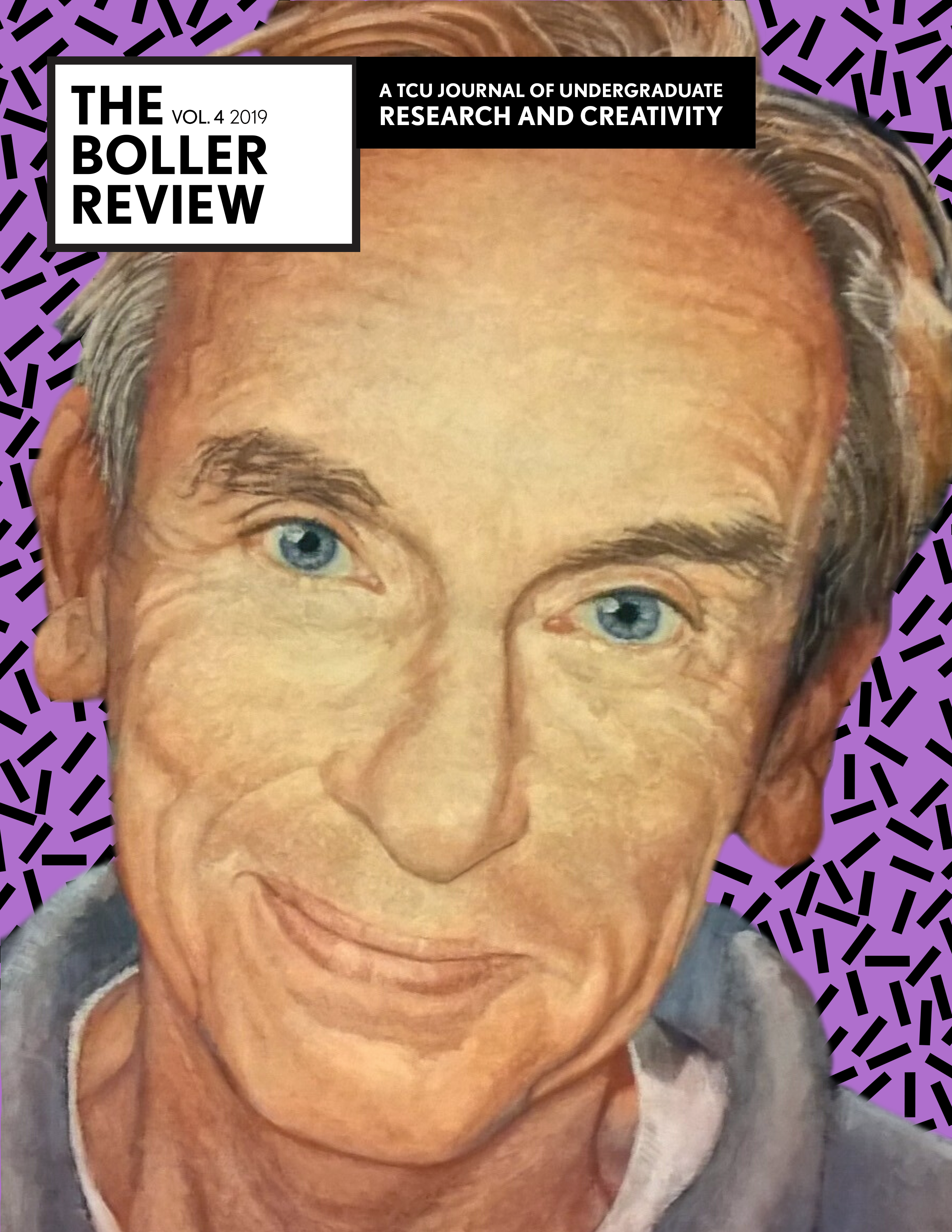Using Forensic Anthropology to Investigate Mass Graves: Comparative Case Studies from Rwanda and Guatemala
Main Article Content
Abstract
Excavation of mass graves can help in the aftermath of genocides by providing closure for surviving families and aiding in successful prosecution of criminals. In this article, I compare the methods used to investigate mass graves from cases in Rwanda and Guatemala. Anthropologists in Guatemala used excavations to provide closure for families who suffered through a 36-year governmental assault on the indigenous Mayan people. In contrast, Rwanda’s genocide on ethnic Tutsi compelled the UN to form an investigative team to use evidence collected to prosecute those whomthey deemed to have committed crimes against humanity. Comparing these two cases exemplifies how purpose affects exhumation, analysis, and resources; for example, Guatemalan investigators worked extensively with local peoples throughout investigations, while Rwandan investigators only used families to obtain legally defensible positive identificationIDs. In addition, Iwilladdress some of the issues with excavation of mass graves,including resource deficits, DNA analysis, and commingled remains.
Comments from Mentors
When Alexis VanBaarle enrolled in Human Osteology as a second-year student in fall 2018 I was a bit concerned because this is a four-credit, 40000-level course with a significant workload and challenging, detail-oriented bone quizzes and laboratory practical exams. Could she handle the pressure? Yes, she could; Alexis excelled in the class, and wrote one of the strongest research papers. She continued to polish that paper, and in spring 2019 became the Traditional Academic Presentation Winner of the 2019 AddRan Festival for the work that you will read an expanded version of here. Also in spring 2019, Alexis began working in the forensic anthropology lab ofthe Dallas County Medical Examiners office under the mentorship of Dr. Christian Crowder. Her deep passion for forensic anthropology and exceptional capability at osteological analysis have impressed Dr. Crowder so much that he has said she will have a place in his lab as long as she wants it. It is very rare for such a young student to earn such high accolades, but Alexis deserves all of that and more. Perhaps what I find most remarkable about her, though, is that Alexis combines highly focused intellect with deeply felt caring for victims and their families; it is this caring that drives her work, and makes her such a well-rounded scholar and remarkable human being. I am so proud of her, and cannot wait to follow her future career in forensic anthropology.
Alexis has the distinction of being the first major in TCU Anthropology’s history to hold an internship in biological anthropology--under the supervision of a major figure in forensic anthropology to boot! Having discovered her calling to a career in forensic anthropology in our classes at TCU, Alexis’s growth in knowledge and experience in this specialty has been remarkable, as her AddRan Festival project and awards attest. She will surely flourish in her graduate studies and make significant professional contributions to her chosen anthropological specialty field. Our program faculty are proud of her accomplishments and wish her the greatest success.
